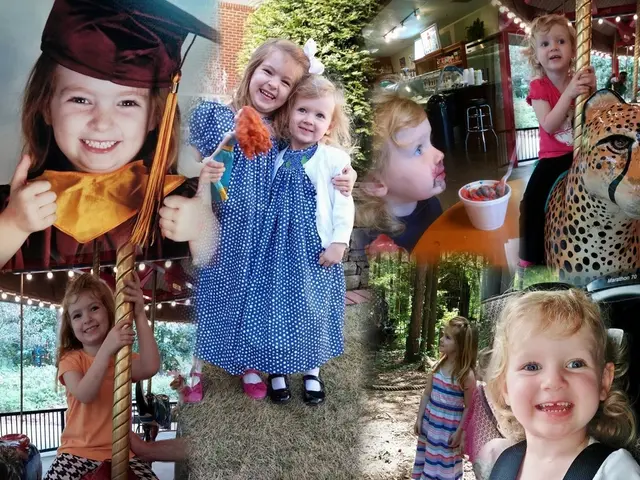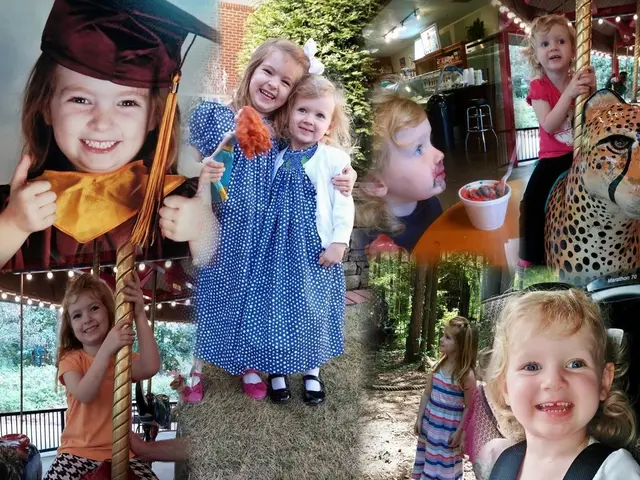The Intricate Bond Between Mexicans and Their Home Nation, Mexico
In schools across Mexico, children are instilled with a deep sense of admiration and respect for their country's symbols, heroes, and heritage through civic and cultural events. This profound affection for Mexico is not new and is passed down through generations, yet it is often accompanied by a dual sentiment of love and pain, pride and disappointment.
On national holidays, such as Mexico's Independence Day, this duality is particularly visible. Intense celebrations are paired with collective frustrations, as Mexicans gather in public plazas, drink tequila, sing with mariachi groups, and express their love for Mexico, but often voice their disappointment about the country's issues.
Mexicans have a deep love for their culture and heritage, which they celebrate by incorporating elements of their living heritage into their daily lives. Pinatas at birthday parties and altares de muertos on Day of the Dead are just a few examples. However, this love is often tempered by distrust towards their government and politicians.
The government, especially under President Claudia Sheinbaum, and local authorities are key institutions influencing public trust in Mexico. Yet, public trust is often undermined by widespread control and influence of drug cartels, perceived corruption, and a lack of effective protection of social and ecological systems by local authorities. The most frequent criticisms target the government's inability to fully control cartels, corruption in local administrations, failure to consult local populations on projects, and misuse of funds intended for social and environmental protection.
Humour is a common coping mechanism for Mexicans, serving as a resilience tool in everyday life. Humorous memes addressing various complaints are prevalent on social media in Mexico, from normalizing flooded streets when it rains, to poking fun at the significant operational and structural problems of the Maya Train. Political figures in Mexico are sometimes victims of this humour, yet they often encourage and appreciate it.
Political analyst Dennise Dresser acknowledged and appreciated the memes created about her, stating they made her laugh and would incorporate them into the iconography of her term. Mexicans have a complicated relationship with Mexico, characterized by a deep sense of pride and simultaneous disappointment. Despite this, Mexicans consistently rank among the 10 happiest countries in the world, possibly due to their ability to find laughter in adversities.
In conclusion, Mexicans have a complex love-hate relationship with their country. They cherish their heritage and culture, yet express disappointment with their government and the issues plaguing the nation. Humour serves as a coping mechanism, allowing Mexicans to find laughter in adversity and maintain a sense of resilience.
Read also:
- Cultivating Joy: The Core of Successful Human Resources Strategies
- Daily Habits Unveiled: Insight into Our Writer's Early-Morning Regimen
- Exceptional Zeiss lens quality at budget-friendly rates, find them at half the cost of Leica lenses! These Zeiss ZM deals offer remarkable value!
- Instructions for Crafting Balanced and Authentic Bonsai, Emphasizing Structural Harmony and Classical Beauty








